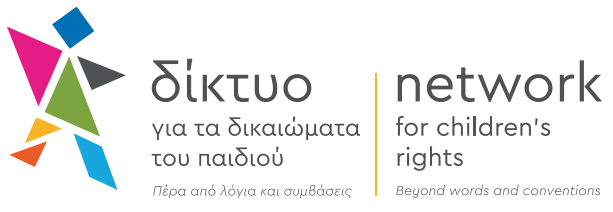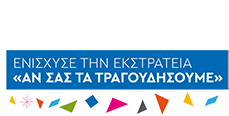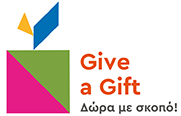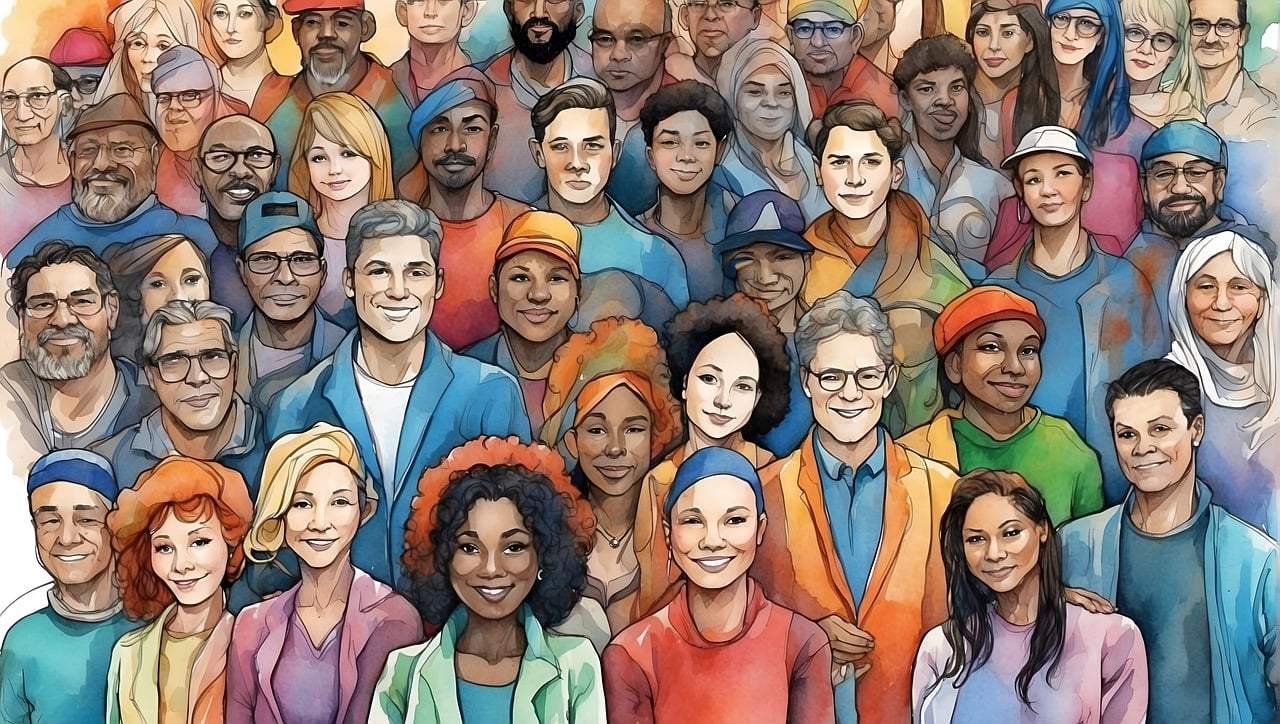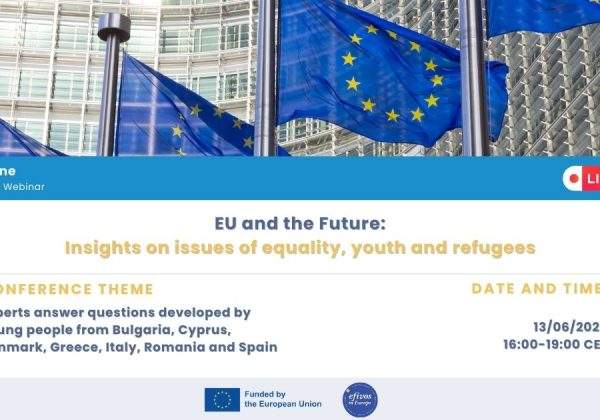F S
Inclusive societies
I was born and raised in Sierra Leone, in a society where people are judged by their appearance, religion and cultural beliefs and discriminate against people.
Attending a public school was no exception. Albert Academy has a lot of rules when it comes to how student should appeared in school, broking any of these rules comes with a price to pay e.g., students are not allowed to grow their hair, if this do, they will be sent home to lower it or the school will do it for them. Every student is allowed to wear only black shoes and grey socks. Tattoos will get you expelled if found on any part of your body. Lastly, students are given N.R. (Never Return) if their grades do not reach the certain percentage the school demands. It is difficult to grow up in a society where you are not allowed to do what makes you happy.
I have also experienced cultural and traditional exclusion. In this type of situation men or women are excluded in certain activities in the society because of the decision they made. For example, in the east part of the country many people practice a specific society called Pouro and Bondo. People that are not part of society find it difficult to get their way through leadership positions, and they are always considered different from others.
Comparing my past experience with now I have come to the conclusion that people should not be judged for whom they are or what they want to be. Individuals should have the right to decide on what to wear or what should be added to or removed from their body. With this idea I am able to live freely and be able to do what makes me happy.
The article was created as part of the CERV project Efivos in Europe
Disclaimer The European Commission’s support for the production of this publication does not constitute an endorsement of the contents, which reflect the views only of the authors, and the Commission cannot be held responsible for any use which may be made of the information contained therein.
The EFIVOS II program is funded by the European Commission (CERV), with partners Network Children’s Rights (Greece), CIP (Cyprus), HESED (Bulgaria), GEYC (Romania), Dedalus (Italy), Pacto Verde (Spain), Crossing Borders (Denmark).

